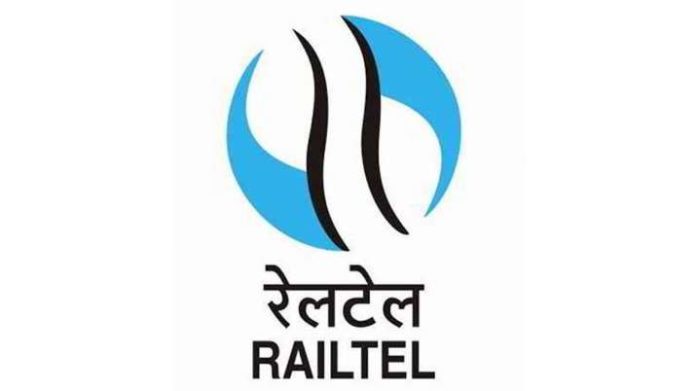Snapshot
Implemented by RailTel, the milestone of 6,100 stations with Wi-Fi coverage was reached on 22 March with the commissioning of Wi-Fi facility at Ubarni Railway Station in Rae Bareli district of Uttar Pradesh.
Stepping up the digital initiative, Indian Railways has installed Wi-Fi facilities at over 6,000 stations across the country with the aim to provide modern amenities to passengers.
The high speed free Wi-Fi Internet facility has now become available at over 6,100 stations benefiting students appearing for competitive examinations across the country, said senior Railway Ministry official.
Implemented by RailTel, the telecom arm of the railways, the milestone of 6,100 stations with Wi-Fi coverage was reached today (22 March) with the commissioning of Wi-Fi facility at Ubarni Railway Station at Rae Bareli district of Uttar Pradesh.
With this, the public transporter is close to 100 per cent coverage (except the halt stations) and only a few stations are left.
Working continuously even through trying times of Covid pandemic, RailTel is providing state-of-the-art public Wi-Fi under the brand name of ‘RailWire’ which is the retail broadband service of RailTel.
The highlight of this project is that out of these 6,100 railway stations, more than 5,000 stations are in rural areas making Wi-Fi facility available at many far-flung stations across the country like several stations of north eastern region and all the 15 stations of Kashmir Valley.
Access to Wi-Fi not only connects communities but also opens up a world of opportunity for innovation and growth. India has a stark digital divide between urban and rural India. RailWire Wi-Fi at stations is helping to connect the unconnected as majority of stations of this public Wi-Fi network are located in rural India with poor connectivity.
Railway stations are places where a cross-section of the society converges. The quickening pace of modernisation and manifold increase in smartphone usage has triggered a digital revolution in India. Public visiting stations use this facility for streaming high definition videos, downloading movies, songs, games, and do their office work online.
Envisaged in 2015 rail budget, the project of providing free Wi-Fi Internet facility at stations is one of the largest and fastest public Wi-Fi networks of the world and aims to convert the railway platform into a platform for digital inclusion.
Students, especially competitive examination aspirants from remote locations with limited access to the Internet, use the station Wi-Fi facilities for their examination preparations.
Passengers are also using this facility for leveraging entertainment on their personal devices.
Being a one of a kind project, there is a need to focus on generating public awareness as well so that the project impact is maximised and hence local railway zones and divisions from time to time keep launching awareness campaigns for promoting this facility.
Through videos and messages on social media, regular announcements, hoarding and banners at stations, Indian Railways has been promoting the usage of Wi-Fi facility by the rail users and passengers.
Talking about it, RailTel Chairman and Managing Director Puneet Chawla said, “RailTel is at the forefront of National Digital Transformation activities. The Wi-Fi Internet facility at stations has become quite popular and useful especially at stations situated in rural areas. It is a crucial step for the Prime Minister’s Digital India Mission as this Wi-Fi facility will go a long way in connecting the unconnected.”
He further said: “This initiative of Indian Railway and RailTel has paved the way for the common Indian Railway traveller to reap the benefits of digital technology. RailTel has invested a significant amount of Capex in building this network and to monetise this we have launched a paid Wi-Fi plan across all Wi-Fi stations after allowing first 30 minutes of ‘free’ use. We are also going to monetise the network through advertisement-based revenue for which we intend to come out with an EOI shortly.”


